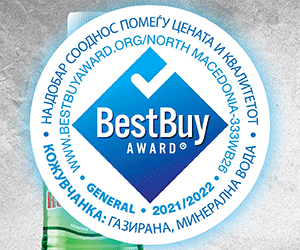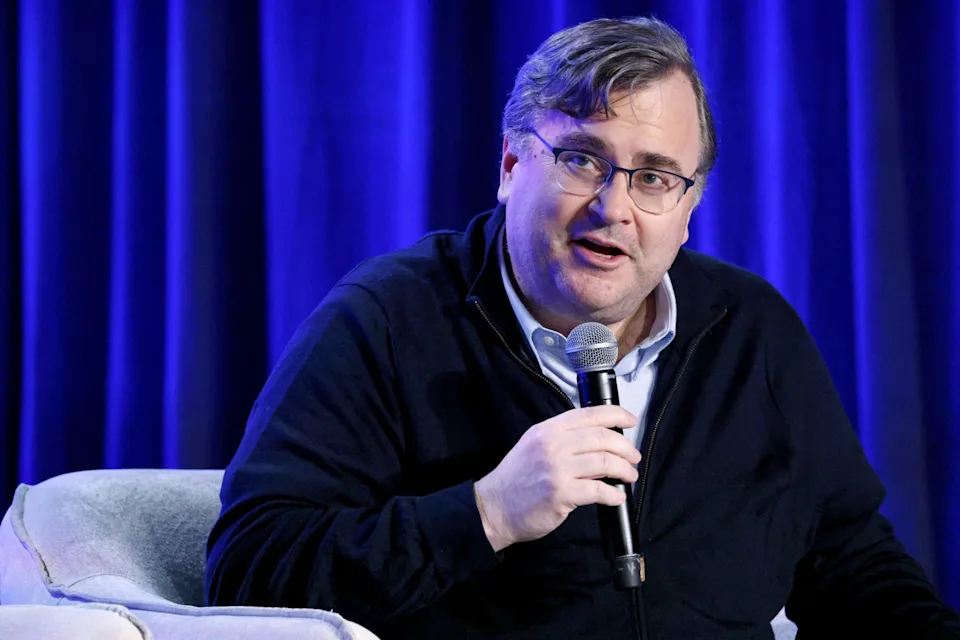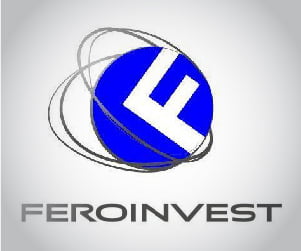Reid Hoffman, the visionary behind LinkedIn, is not a believer in work-life balance for serious startup entrepreneurs. With the exception of one nightly ritual, he expected employees to constantly be working. LinkedIn co-founder Reid Hoffman has a reality check for entrepreneurs: if you’re serious about starting a company, you should say goodbye to binge-watching your favorite Netflix show after dinner or sleeping in on the weekends—you need to be on the work grind all hours of the day. “If I ever hear a founder talking about, ‘this is how I have a balanced life’—they’re not committed to winning,” Hoffman told Stanford University’s “How to Start a Startup” class in 2014. “The only really great founders are [the one’s who are] like, ‘I am going to put literally everything into doing this.'” While Hoffman’s tough love when it comes to work-life balance is nothing new, the clip has recently resurfaced on social media and it’s now racking up thousands of likes. And even after the pandemic, when Americans realized that the constant work grind was hurting their mental health, his opinions haven’t swayed. “You’re by nature dead as a start-up,” he said late last year on the Diary of a CEO podcast. “Work-life balance is not the start-up game.”
Start-ups can’t afford to take time off from working—except for this one daily ritual, Hoffman says Even though one-third of employees in LinkedIn’s early days had children, taking time off was not an option—with the exception of dinner at home. “When we started LinkedIn, we started with people who had families. So we said, sure, go home have dinner with your family. Then, after dinner with your family, open up your laptop and get back in the shared work experience and keep working.” While that may sound brutal in today’s culture, it was even worse when Hoffman was helping to found PayPal; there, dinner was served at the office.“The people that think that’s toxic don’t understand the start-up game, and they’re just wrong,” he said. “The game is intense. And by the way, if you don’t do that, eventually, you’re out of a job. For those who disagree, working at a startup is a choice, Hoffman insisted. But the reward on the other side is second to none; the 100 or so first employees at LinkedIn don’t need to work anymore, he added. Microsoft purchased the professional networking platform for $26.2 billion in 2016. Fortune has contacted Hoffman for comment. As a leader, the ‘pain’ must be embraced if you want to find success Hoffman’s words resonate with leaders across all parts of the tech industry who sometimes have to substitute work-life balance to overcome challenges.





































